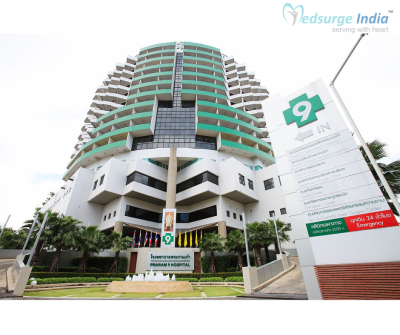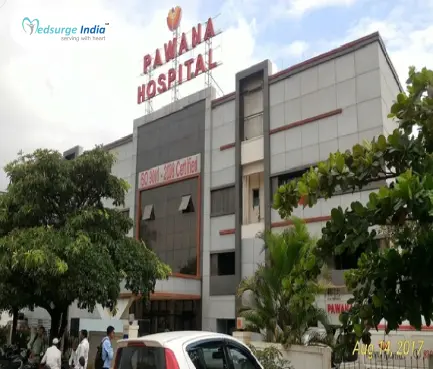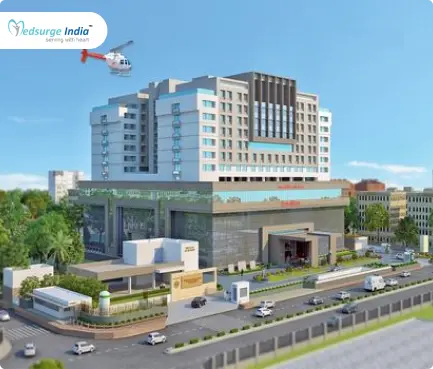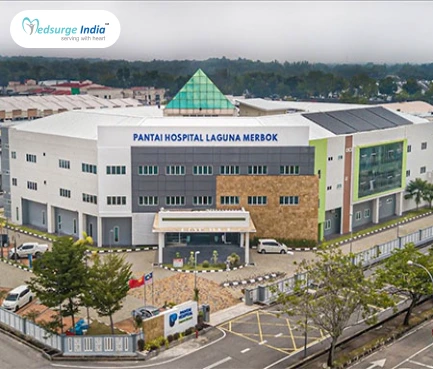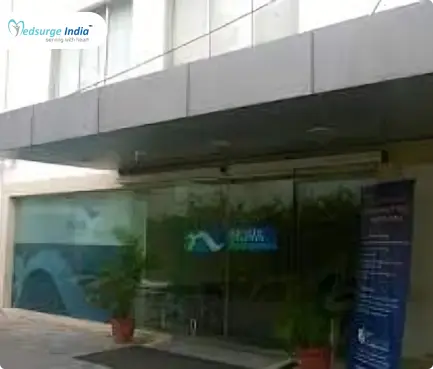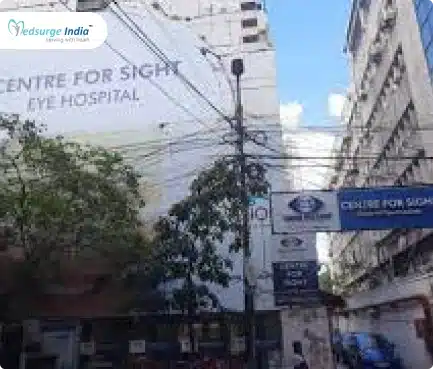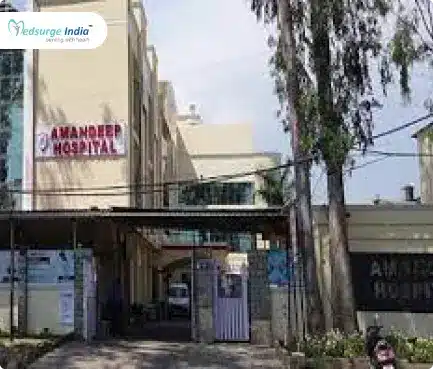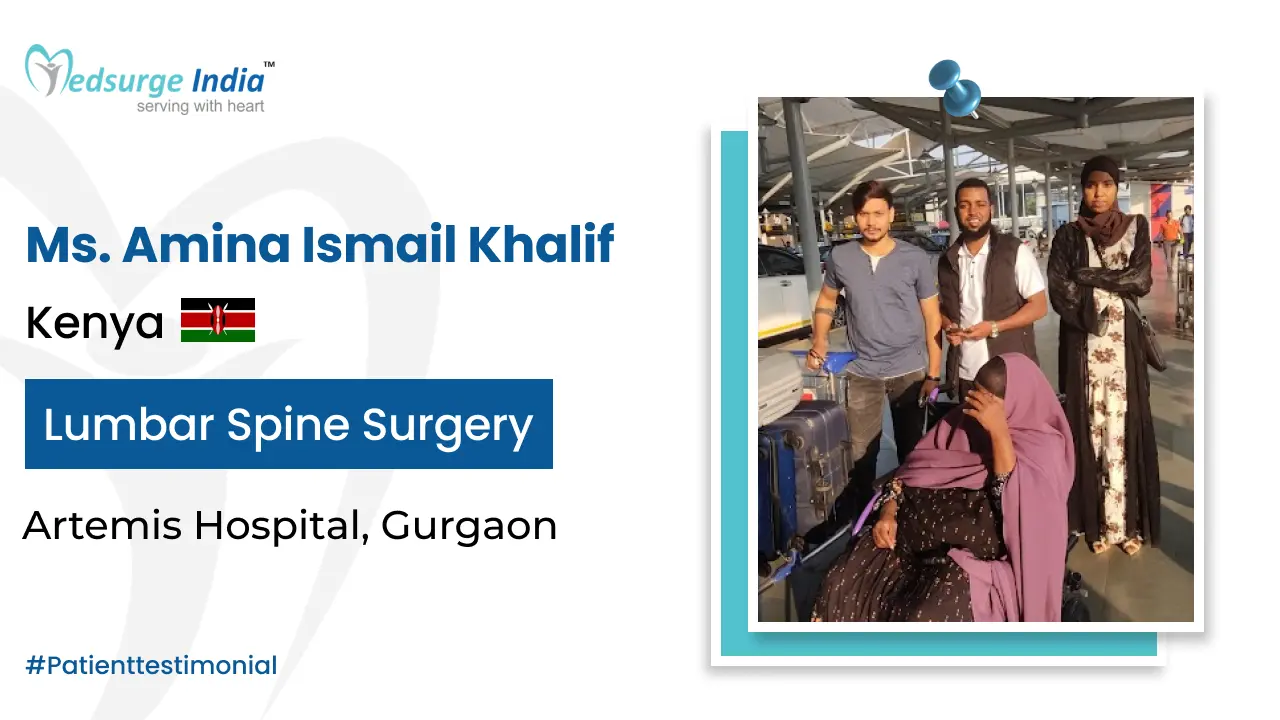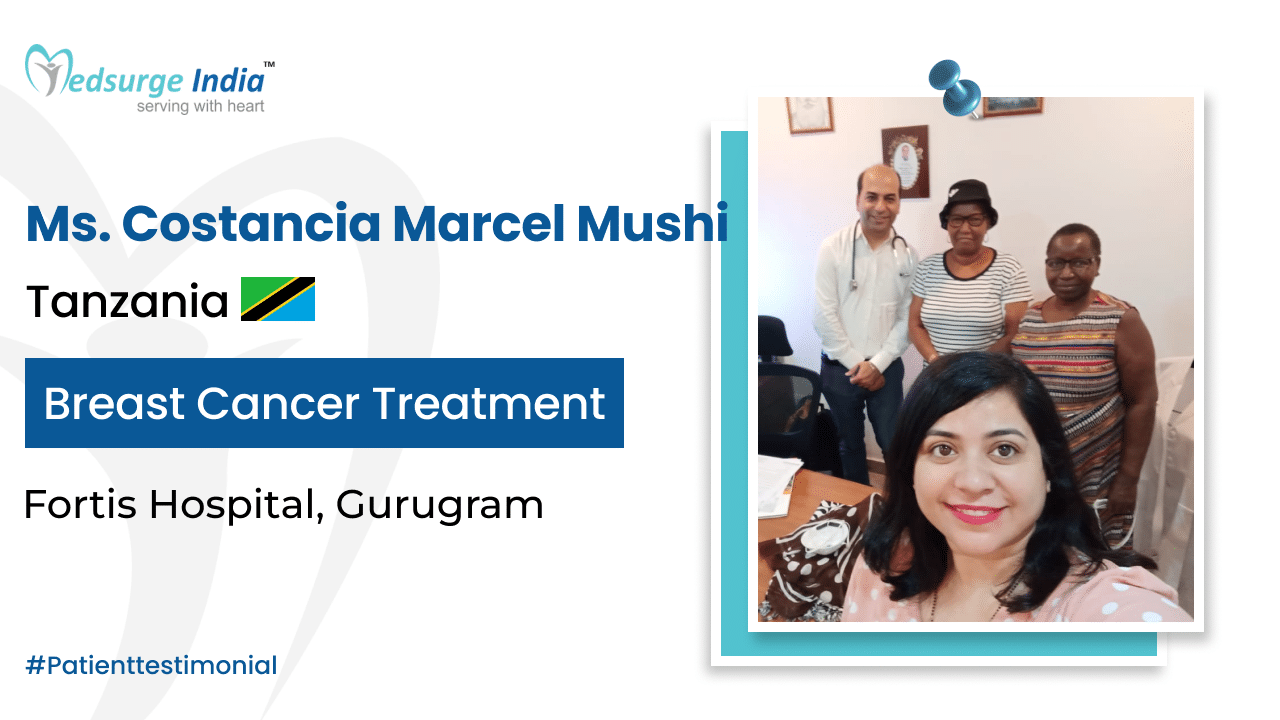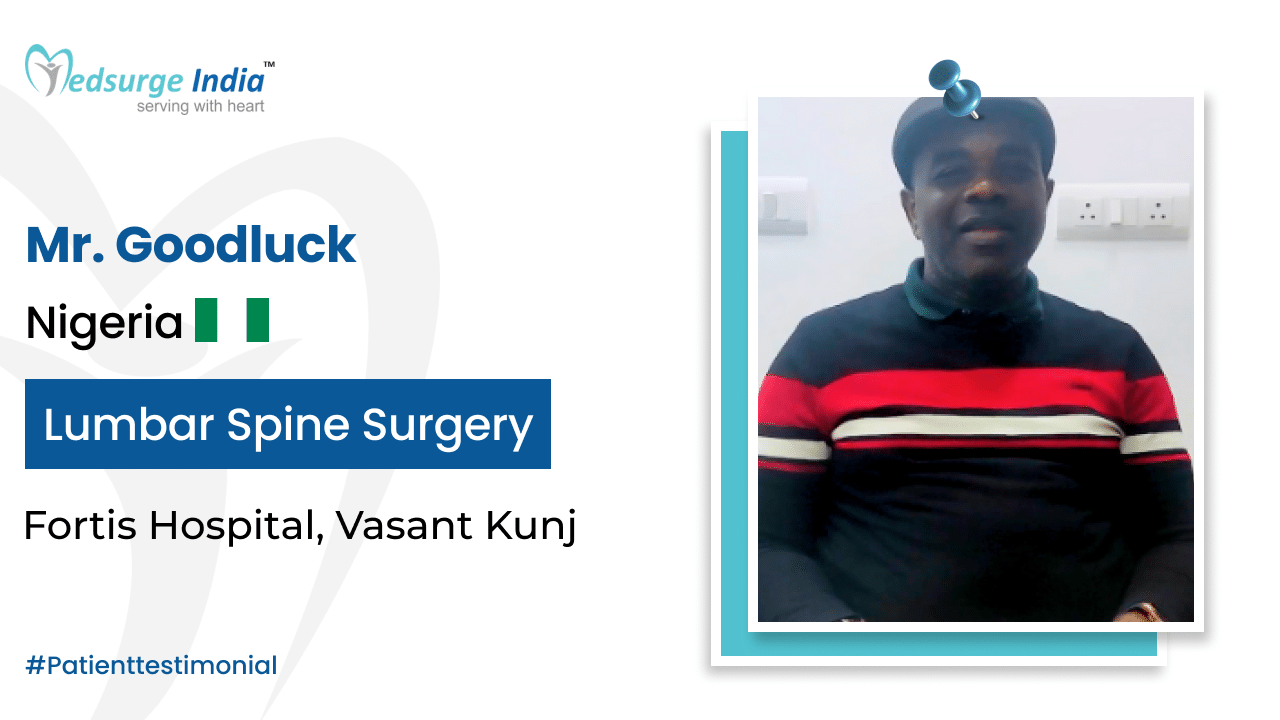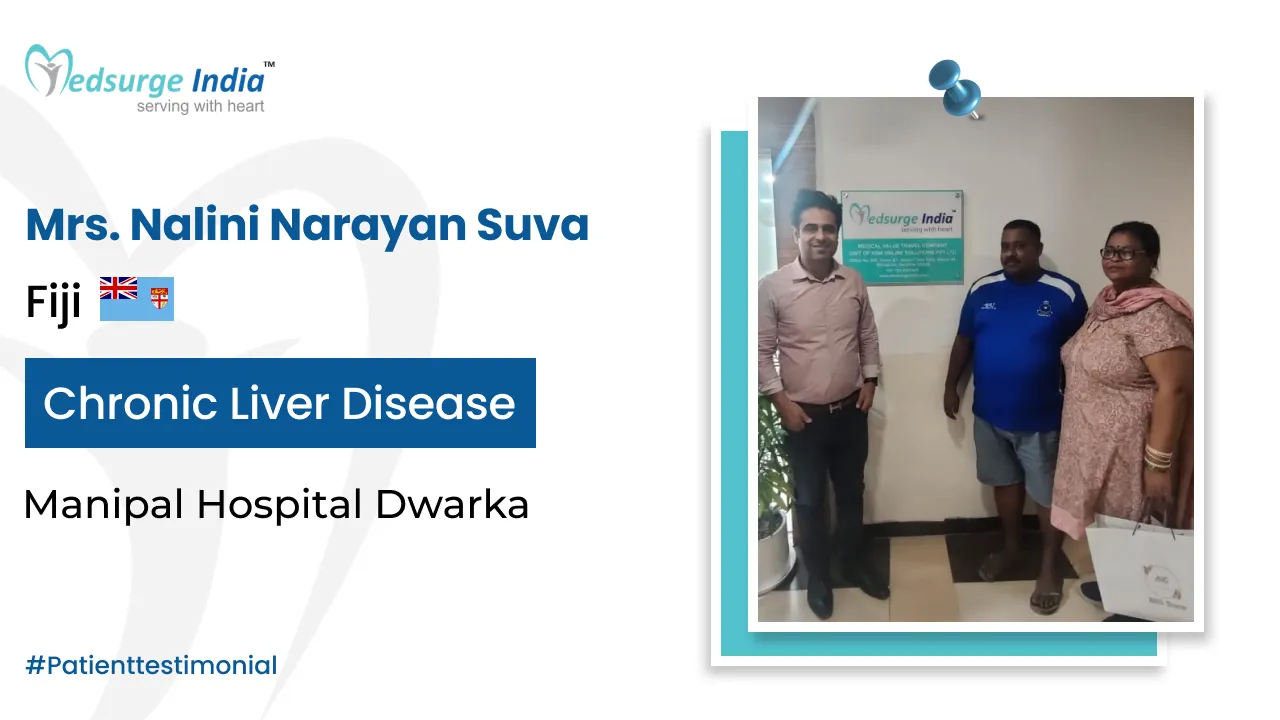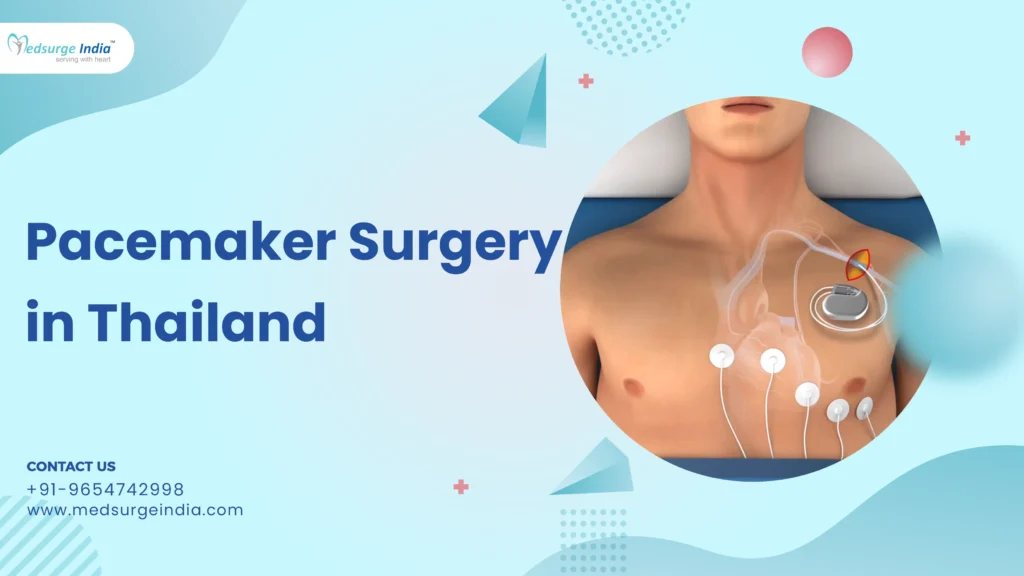
A pacemaker, a small device that is powered by a battery and is utilized to regulate the heart’s rhythm and prevent the heart from beating too slowly. The installation of a pacemaker necessitates a surgical procedure, with the device typically placed near the collarbone beneath the skin.
Numerous individuals opt to undergo pacemaker surgery in Thailand due to the country’s reputation for housing top-notch cardiac surgeons and hospitals that offer superior treatment with advanced equipment and amenities. Moreover, pacemaker surgery cost in Thailand is notably more economical in contrast to other nations.
What is a Pacemaker?
A pacemaker is a sophisticated medical instrument that are surgically implanted in the body to support the heart’s electrical system. By addressing potential disruptions or dangers to your life, they effectively regulate irregular cardiac rhythms and ensure the proper functioning of your heart.
The internal electrical system of your heart enables each chamber to contract in a coordinated manner. However, if there is an electrical malfunction, your heart’s chambers may contract in the wrong sequence or with inadequate force, hindering the efficient circulation of blood throughout your body. Pacemakers utilize electrical impulses to rectify these issues and restore normal heart function.
Types of Pacemaker
- Single-chambered pacemaker: Usually, this type of transmission sends electrical signals to the lower right chamber of the heart.
- Dual chamber pacemaker: This type of stimulation activates the upper and lower chambers of the heart on the right side using electrical impulses.
- Biventricular pacemaker: This type of device is also known as a cardiac resynchronization pacemaker, designed for individuals with slow heartbeats and heart failure. The device simultaneously stimulates both lower chambers of the heart, ultimately enhancing the strength of the heart muscles.
Conditions That Are Treated With Pacemaker
Pacemakers are recommended for people with conditions such as:
- Certain heart arrhythmias.
- Heart blocks.
- Heart failure.
- Patients with a history of heart attack
Pacemaker Surgery Cost in Thailand
The average pacemaker surgery cost in Thailand can start from 2,87,000 THB (8000 USD). The price of pacemaker surgery in Thailand will depend on the type of treatment you choose.
Pacemaker Surgery Cost in Different Parts of Thailand
| Cities | Starting Price |
| Bangkok | 11000 USD |
| Chiang Mai | 9000USD |
| Phuket | 8500USD |
| Izmir | 8200USD |
| Bursa | 8600USD |
| Adana | 9000USD |
Please keep in mind that the cost and treatment options for Pacemaker Surgery Cost in Thailand may differ based on the patient’s preferences and other factors.
Factors That Can Affect Pacemaker Surgery Cost in Thailand
Following stated below are some of the factors that can affect Pacemaker Surgery cost in Thailand:
- Medication costs.
- Duration of treatment.
- Geographical location.
- Hospitalization expenses.
- Government policies and subsidies.
- Medical tourism packages.
- Hospital reputation and infrastructure.
- The expertise and experience of medical professionals.
- The type and frequency of diagnostic procedures.
- The choice of treatment modality.
Pacemaker Surgery cost in Thailand not only provides top-notch medical care and facilities comparable to renowned healthcare institutions globally, but also takes into consideration accommodation, meals, and transportation expenses. Additionally, Medsurge India guarantees that patients will receive the most cost-effective Pacemaker Surgery cost in Thailand under the supervision of highly skilled doctors.
Helpful: Pacemaker Surgery Cost in India
How Medsurge India Can Help?
Medsurge India is an esteemed support network for patients seeking physicians, hospitals, and specialized therapies. Regarding your healthcare needs, our team will provide you with a list of accredited, reputable, and trustworthy physicians and medical facilities. We can also provide you with an affordable treatment plan. We also assist patients with a wide range of other issues, including obtaining travel authorization and medical visa assistance.
Get Free Cost Estimation
The Most Important Frequently Asked Questions
Q: What Is the Duration of Pacemaker Surgery?
A: The process typically takes one hour, but if you also need further cardiac procedures or are getting fitted for a biventricular pacemaker with three leads, it might take longer. Following the surgery, you will typically need to spend the night in the hospital and recover for the next day.
Q: What Is the Age Limit for a Pacemaker?
A: Although they can be implanted in people of any age, including youngsters, pacemakers are most frequently placed in those who are over 60.
Q: What Adverse Effects Might a Pacemaker Cause?
A: Complications may include:
- An allergic response to the device or medications used during the treatment.
- clots of blood that restrict blood flow.
- Device issues.
- Cardiac issues.
- infection near the pacemaker’s wires or other parts.
Q: Which Examinations Are Going to Be Performed to See If You Require a Pacemaker Implantation?
A: Examinations such as:
- ECG.
- Holter monitoring.
- Echocardiography.
- A stress test.
Q: What Foods to Stay Away from Following Pacemaker Surgery?
A: Reduce the amount of sugar, salt, and saturated fat you eat, and stay away from:
- meats that have been processed.
- junk food.
- quick food.


